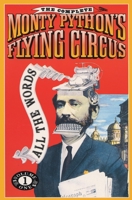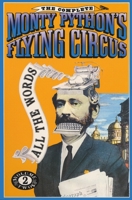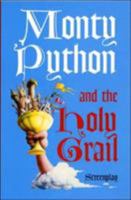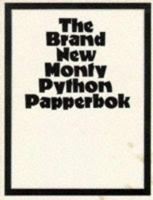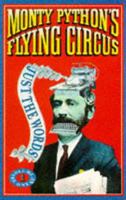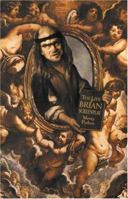Book Overview
Customer Reviews
Rated 4 starsRequired reading for High School
Required reading for my 16 year old son for school
0Report
Rated 4 starsVery well written and beautiful book
Marshall's strength as an author of fiction lies in her ability to write rich, detailed characterizations. Throughout "The Chosen Place, the Timeless People," the variety of ages, races, class identities, and cultural backgrounds is woven into a fascinating narrative about a fictional Caribbean island in the early throes of multi-national post-industrial capitalism. How the characters react to these outside influences of...
0Report
Rated 5 starsA West Indian Classic
Merle Kinbona is one of the most memorable and interesting protagonists in all of West Indian literature. She is one of the strongest characters in all of the literature that emerged from the 1960s, and she reflects what was going on politically not only in the Caribbean, but also in the United States during that time. American social anthropologists have been sent to a West Indian island, Merle's homeland, with plans to help...
0Report
















